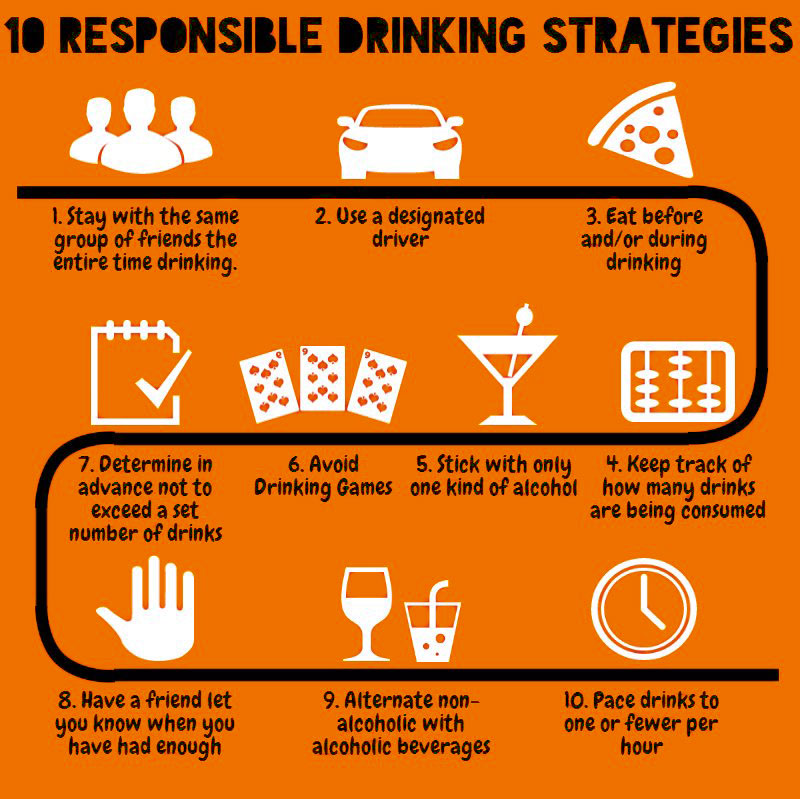Discover the surprising factors that can influence your alcohol tolerance and intoxication levels – the truth will surprise you!
Table of Contents
Alcohol consumption is a common social activity enjoyed by many people around the world. However, the question of how many beers it takes to get drunk is a topic of great interest and speculation. In this blog post, we will dive deep into the science behind alcohol metabolism, individual tolerance levels, and various factors that can influence intoxication.
Understanding Alcohol Metabolism
alcohol metabolism is a complex process that occurs in the body after the consumption of alcoholic beverages. When you drink alcohol, it is primarily broken down in the liver through the action of enzymes such as alcohol dehydrogenase and aldehyde dehydrogenase. These enzymes help convert alcohol into acetaldehyde, a toxic byproduct that is further broken down into acetate and eventually eliminated from the body.
Several factors can impact alcohol metabolism, including age, weight, and genetics. Generally, younger individuals tend to metabolize alcohol more quickly than older individuals, as liver function decreases with age. Additionally, people with higher body weight may be able to process alcohol more efficiently compared to those with lower body weight. Genetic differences in enzyme activity can also play a role in how quickly alcohol is metabolized in the body.
Individual Tolerance Levels
Tolerance to alcohol refers to the body’s ability to handle increasing amounts of alcohol without experiencing the same effects of intoxication. Regular alcohol consumption can build up tolerance levels over time, leading individuals to require larger amounts of alcohol to achieve the same level of intoxication.
Gender and body composition can also influence an individual’s tolerance to alcohol. Women generally have lower tolerance levels compared to men due to differences in body water content and enzyme activity. Additionally, people with higher muscle mass may have a higher alcohol tolerance compared to those with more body fat.
Factors Influencing Intoxication
Several factors can influence how quickly and intensely someone becomes intoxicated when consuming alcohol. One of these factors is food consumption. Eating a meal before or while drinking can help slow down the absorption of alcohol into the bloodstream, reducing the effects of intoxication.

Image courtesy of regenerationdistilling.com via Google Images
Mixing different types of alcohol can also impact intoxication levels. Some people believe that mixing different types of alcohol, such as beer and wine, can lead to increased intoxication due to the varying alcohol content and effects of each beverage. However, no scientific evidence supports this claim, and intoxication levels are primarily determined by the overall amount of alcohol consumed.
Hydration and overall health can also play a role in how alcohol affects the body. Staying hydrated by drinking water between alcoholic beverages can help prevent dehydration and lessen the symptoms of a hangover. Additionally, individuals with underlying health conditions or those taking certain medications may experience heightened effects of alcohol and should exercise caution when drinking.
Conclusion
Understanding the factors that influence alcohol tolerance and intoxication levels is essential for making informed decisions about alcohol consumption. It is important to be aware of your own tolerance levels and drink responsibly to avoid potential negative consequences.
By delving into the science behind alcohol metabolism, individual tolerance levels, and factors influencing intoxication, we can gain a better understanding of how alcohol affects the body and make choices that prioritize our health and well-being. Remember, moderation is key when it comes to alcohol consumption, and always prioritize safety and responsibility when enjoying alcoholic beverages.
Frequently Asked Questions
How does age affect alcohol tolerance?
Generally, younger individuals tend to metabolize alcohol more quickly than older individuals due to decreased liver function with age.
Can genetics affect alcohol tolerance?
Yes, genetic differences in enzyme activity can play a role in how quickly alcohol is metabolized in the body, affecting individual tolerance levels.
Does food consumption impact intoxication levels?
Eating a meal before or while drinking can slow down alcohol absorption, reducing the effects of intoxication by delaying its entry into the bloodstream.
Why is hydration important when consuming alcohol?
Staying hydrated by drinking water between alcoholic beverages helps prevent dehydration, lessens the symptoms of a hangover, and can moderate the effects of alcohol on the body.
Generated by Texta.ai Blog Automation


Leave a Reply